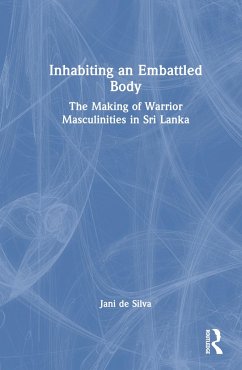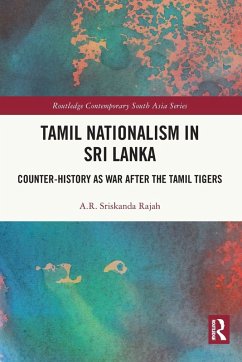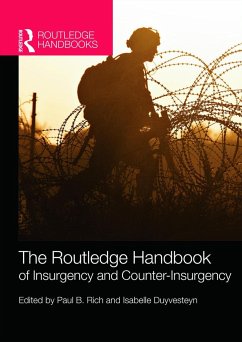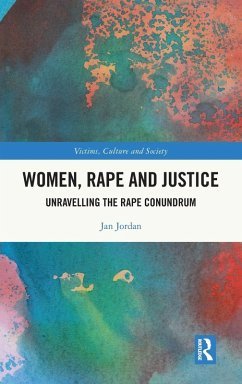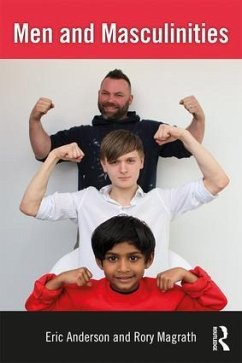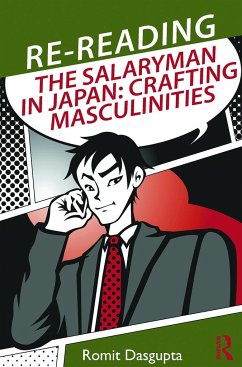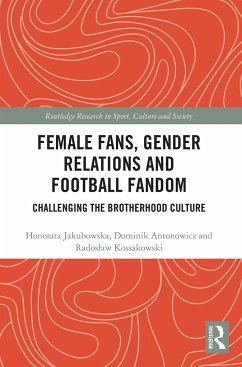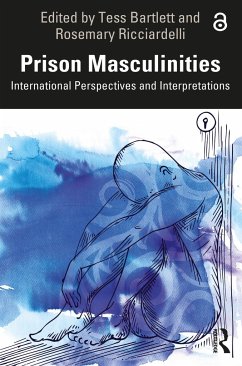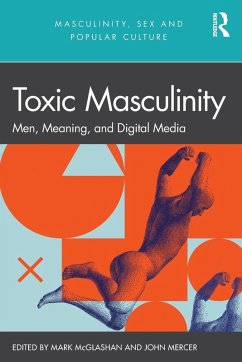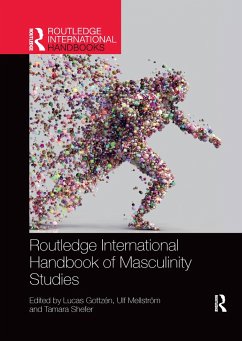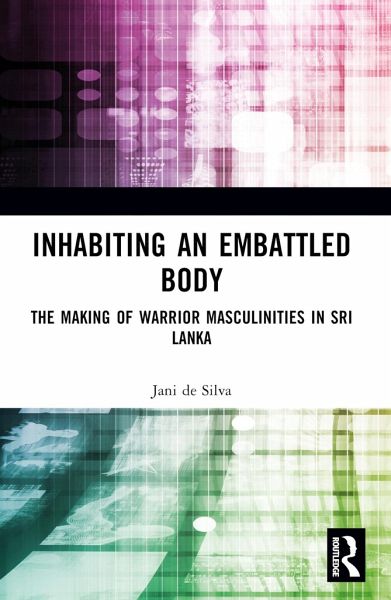
Inhabiting an Embattled Body
The Making of Warrior Masculinities in Sri Lanka
Versandkostenfrei!
Versandfertig in 6-10 Tagen
42,99 €
inkl. MwSt.
Weitere Ausgaben:

PAYBACK Punkte
21 °P sammeln!
This book offers an anthropological account of Sri Lanka's Eelam Wars III and IV. It is based on the life-narratives of ex-servicemen who fought on the frontlines. The volume approaches militarism as a practice of masculinity. It explores the sense of embattlement that young recruits feel, which stems from the inner war between notions of bodily deference instilled in childhood and having to conduct offensives on the battlefield. Thus though they wish to move smoothly into the assault techniques learnt in combat-training, they sometimes find their bodies are acting-out a different trajectory; ...
This book offers an anthropological account of Sri Lanka's Eelam Wars III and IV. It is based on the life-narratives of ex-servicemen who fought on the frontlines. The volume approaches militarism as a practice of masculinity. It explores the sense of embattlement that young recruits feel, which stems from the inner war between notions of bodily deference instilled in childhood and having to conduct offensives on the battlefield. Thus though they wish to move smoothly into the assault techniques learnt in combat-training, they sometimes find their bodies are acting-out a different trajectory; engaging in acts of spectacular violence or simply running away. It traverses themes such as masculinity and Sinhala society, British martial masculinity vs the composed body in Sinhala discourse, combat-training and the battlefield. The author traces the ways in which troops tried to negotiate the thin line between valour and violence in a context in which the enemy's suicide fighters engaged in the more extreme code of sacrificing-the-body, which derided the very manliness of soldiers who couldn't prevail against them. She argues that the Sri Lankan experience has resonance for soldiers on battlefields everywhere, who become embattled when confronted by adversaries whose practice seems to diminish their own manliness.
Rich in ethnographical narratives, this book will be interest scholars and researchers of war studies, gender studies, masculinity studies, peace and conflict studies, ethnic studies, political science, international relations, sociology, social anthropology, cultural studies, and South Asian studies, especially those concerned with Sri Lanka.
Rich in ethnographical narratives, this book will be interest scholars and researchers of war studies, gender studies, masculinity studies, peace and conflict studies, ethnic studies, political science, international relations, sociology, social anthropology, cultural studies, and South Asian studies, especially those concerned with Sri Lanka.





